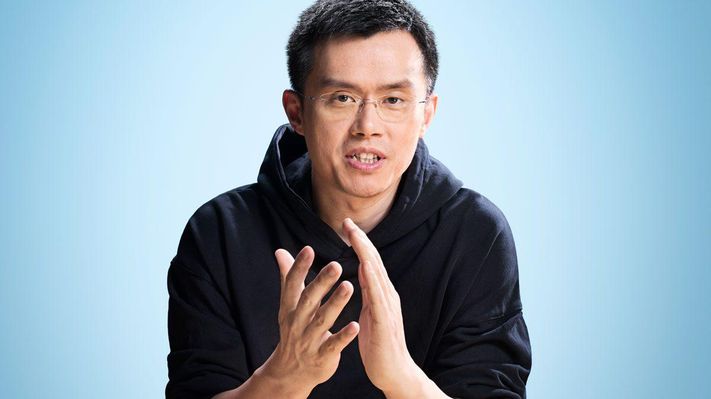
It's too early for "meaningful" competition
Binance announced the launch of Binance Smart Chain, its version of a decentralized public blockchain, in early September. Some have argued that this aggressive move by the centralized exchange into the DeFi space was its attempt to supplant Ethereum - which is also possible to trade on Bitcoin system.
Zhao defended his company, stating that the adoption of cryptocurrencies is in its early stages and therefore any competition within the space is meaningless. “Competing within 0,1% is not that significant,” Zhao said.
"So, from a high-level perspective, we don't see other projects as a competition." Most of the so-called DeFi projects - decentralized blockchain-based trading and lending applications that theoretically could one day take over the traditional financial market - have been built on the Ethereum blockchain, the second largest blockchain by market capitalization.
With the rise of the DeFi industry, many others are looking to build alternatives to Ethereum in an effort to take at least some of that market share. Zhao says Binance Smart Chain, although much less decentralized than Ethereum due to its Proof-Of-Staked-Authority (PoSA) consensus algorithm, reduces the scalability problem of Ethereum, which has significantly slowed the growth of the DeFi sector. . Zhao said he and his company are "very confident" about Ethereum 2.0, but added that Ethereum 2.0's answer to the scalability problem will be "long-winded".
"Many degrees of decentralization"
Zhao praised the innovation of DeFi projects but said they only cater to certain users, still making it a "niche item", while centralized exchanges like Binance cater to novice users who aren't comfortable with own crypto keys.
"If we look at the number of users, the most popular DeFi project, Uniswap, has around 10.000-30.000 users at the most," Zhao said, "while most of the others have 1.000 or two hundred users per day."
Zhao said he hopes Binance Smart Chain can attract more people to the crypto space by leveraging the capabilities that centralized and decentralized exchanges can offer. Previously, he defined the idea with the acronym “CeDeFi”, a combination of centralized and decentralized finance.
In the development of the Binance Smart Chain, Binance had to sacrifice some elements of decentralization, which is one of the main criticisms leveled at the public blockchain, however Zhao argued that decentralization is not always "black and white".
Binance Smart Chain is controlled by 21 node operators, who are elected by Binance Coin (BNB) holders. And the company is one of the largest holders of BNB tokens, which means it still has significant control over the blockchain. “I believe there are many degrees of decentralization,” he added.
